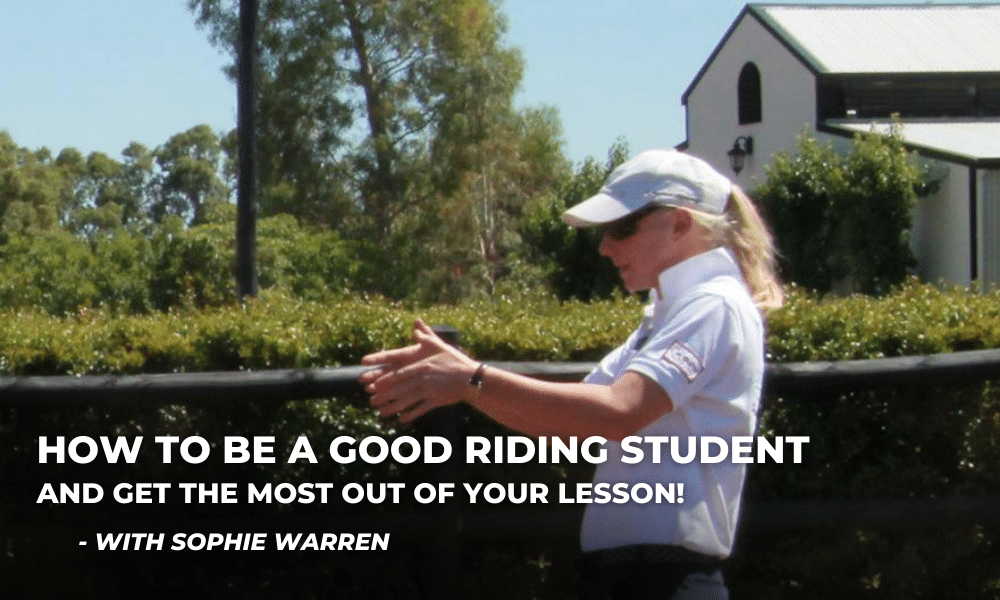
08 Feb How to be a Good Equestrian Riding Student
Sophie Warren is a professional event rider, horse trainer and coach. She has had many successes at the highest level in eventing and has been in the top ten placings at all of Australia’s major competitions. Sophie is an experienced coach and provides lessons and clinics to riders of all levels around Australia. In this blog, Sophie talks about how riders can be a good student in order to get the most out of every lesson.
First things first, how should you introduce yourself to a new coach?
When you go to a clinic or have a lesson with a new coach it can be daunting the first time you meet. You want to make a good impression, and you’re hoping to get lots out of your investment. So what can you do to help ensure you start the session well, and steer it in the direction you would like to?
1. Avoid an essay – coaches, like normal humans, can only process so much information at once.
Speak slowly and clearly and try to stick to the relevant points such as the age of the horse, how long you’ve been riding the horse, your experience level as a rider, the horse’s experience level, and roughly what you’ve done together to date.
2. Make sure you let them know of any key issues
Such as….
- “He’s been out of work for 3 weeks”
- “I’ve taken a real knock to my confidence recently so I’m finding jumping scary”
- “I’ve got an ankle injury that makes it hard to ride in two-point for long periods”,
- “She’s really ditchy”
This helps the coach to structure the lesson accordingly, rather than get to the end and have you say your horse wasn’t fit enough for that, or you ran out of time to solve the ditches issue because as it happens the ditch was addressed at the end of the session.
3. Be ready for questions and answer them as honestly as you can.
Something that you say might prompt the coach to ask some further questions about an issue. “Dunno” isn’t the best answer and can make the coach feel like you aren’t really that engaged.
4. Have a think about it before the lesson
Each time you meet a coach you will be at a different stage in your training, and hoping to achieve something different out of the session, so your introduction will differ each time. You can have a basic script though, and adjust it as required for different disciplines, coaches and times of the season/fluctuations in your training.
5. Include when your horse’s next show is, especially if it is very soon.
Coaches don’t want to embark on changing something fundamental about how your horse goes or how you ride when you’re about to go to a show. The competition environment is hard enough, so they’ll work on different aspects and look at those bigger changes in the week after the show when you have some time to adapt and adjust.
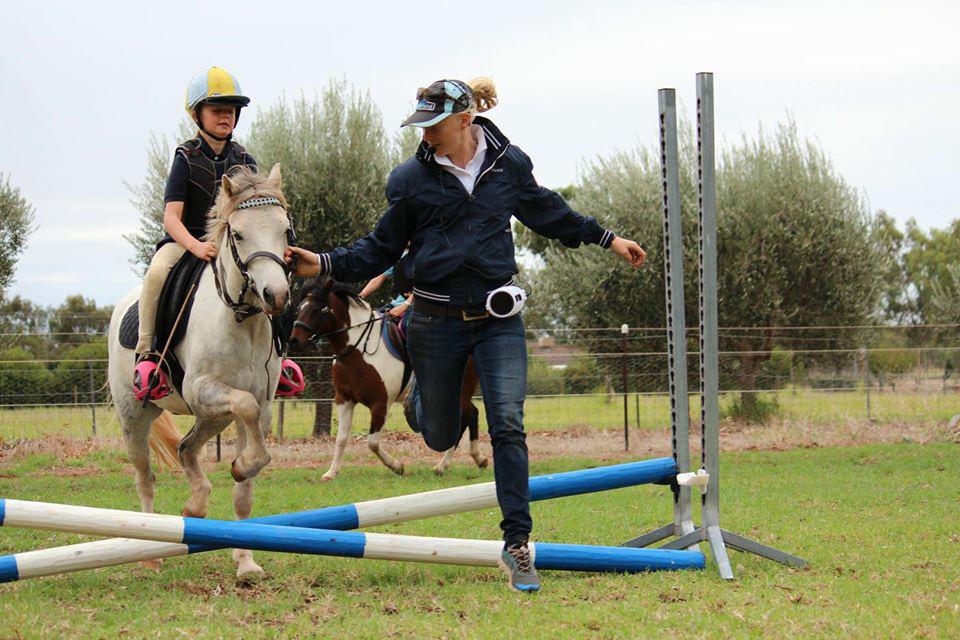
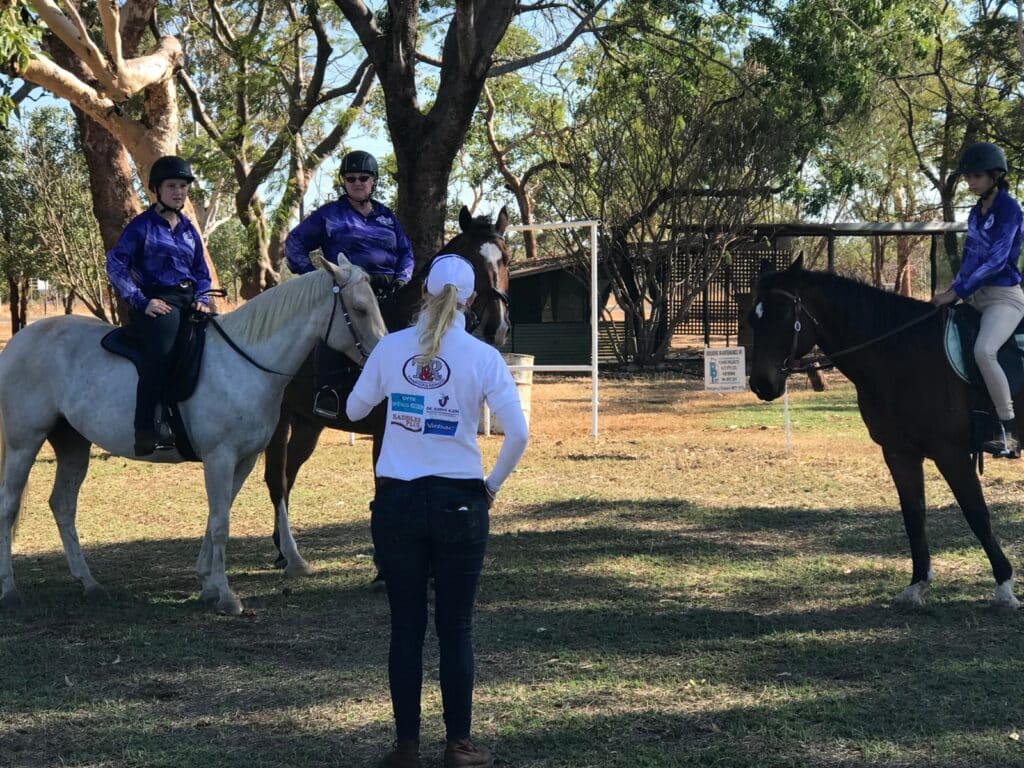
An example of a good paragraph to start the discussion is:
My name is [name] and [horse name] here is 6 years old. He has been off the track for 12 months and I have had him for 6 months. He is my first off the track horse but I’ve been riding most of my life. We’ve begun jumping up to about 70cm. I would like to be able to improve his technique and gain confidence. My next competition is the 65cm at [event] in 1 month.
This covers:
– your name
– horse’s age (sometimes rider age can be useful too if you are a junior)
– experience level of horse
– experience level of rider
– main aims for the session/the future
– key facts such as the show coming up and the timeframe
It gives the coach lots to work with when structuring the session (and their language and dialogue) to suit you, your horse, your goals, and your general needs as a combination.
Have a go at practicing in the mirror….you might feel silly today but when you next go to a clinic or see a new coach you’ll feel at ease and accomplished, and you might well even get more out of your investment because the coach can better do his or her job!
Now, once you're in the lesson, how can you be a great student while optimising your ability to learn?
Here are 6 important ways to get the most out of a lesson...
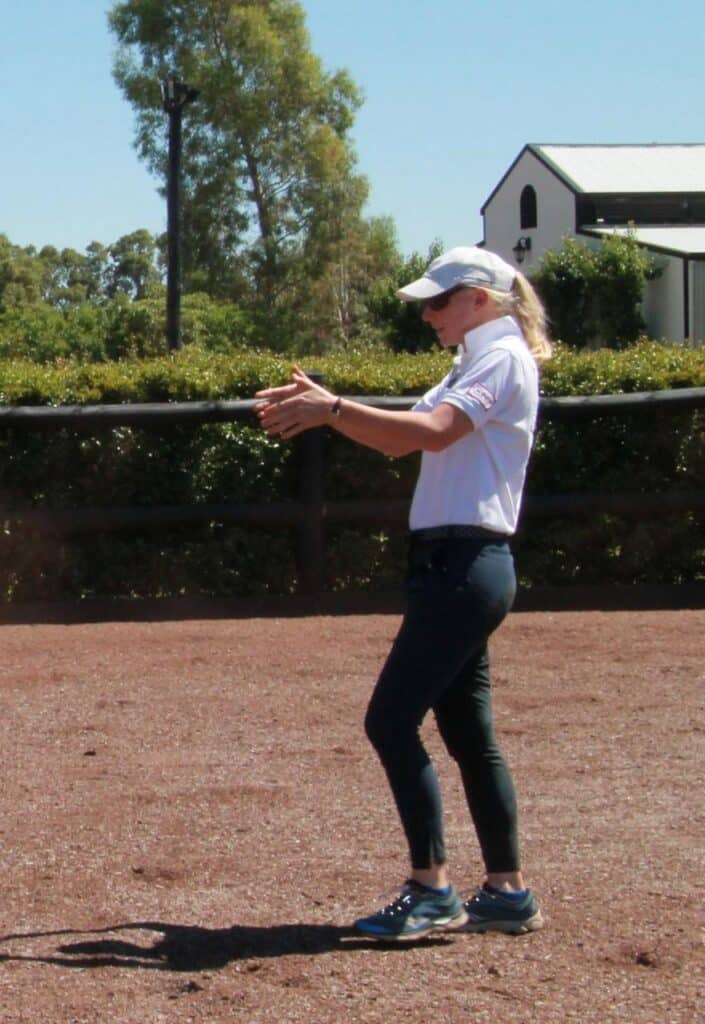
1. Listen and repeat
Listen to what the coach is saying and be prepared to repeat back to them what they have said in your own words to check your understanding is correct.
2. Let them know how you learn
Communicate with your coach about your best learning styles if you know them – eg. some people really benefit from seeing something done, others need to practise it themselves. Some need to read or see a diagram, while others can take it in from a discussion. Most coaches will cover various styles as they teach anyway, but communicate with them if you know of anything specific about yourself that might help them to teach you more effectively. For example, you may be able to hear and process best when stopped so that you’re not distracted with riding tasks, in which case having the discussion at halt first, then practising with little instruction, followed by another walk break to discuss changes and then trying again, might be a system that works for you.
3. Ask questions when you are unsure.
Never be afraid to ask questions! No coach should ever make you fell silly or belittled for asking questions. We LOVE it when our students want to understand things completely and know more about what they are doing and why!
4. Don’t be frustrated when you hear similar instructions repeated many times in slightly different wording.
This is us ensuring you understand it well, as in many cases the first few times you hear something it doesn’t quite stick and then when you hear it said in a slightly different way it will click!
5. Have a go.
Be willing to try what your coach is suggesting even if it is counter intuitive. Unless is goes completely against your values (in which case be brave and stand up to the coach and let them know your concerns!), then have a go at it and do your best. Your coach will guide you through getting the exercise right and hopefully you’ll be pleasantly surprised at the results!
6. Do your homework.
Try to repeat what you did in your lesson between lessons. Even if you’re not getting it quite right and you find yourself unsure – this is perfect for creating the questions you’ll want to ask your coach at the start of the next lesson!
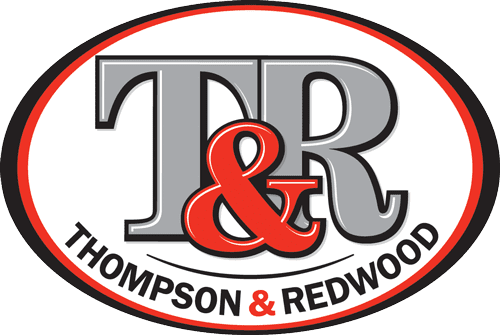


No Comments